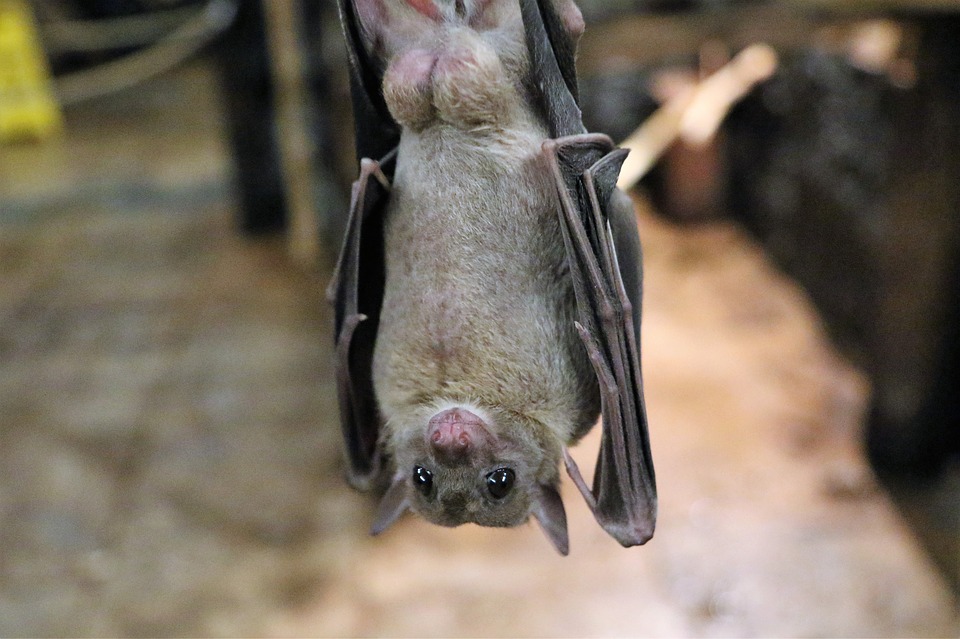Nipah virus has hit back the state of Kerala again after claiming 17 lives in 2018. A young student was confirmed to have been infected with the deadly virus, by the state government on June 4, 2019. The infected student has been receiving treatment in isolation and is doing considerably well. The people associated with him have all been checked to stop the virus from spreading further.
While the government is taking all the measures to keep the disease under control and to locate the source of this infection, it is important to understand how Nipah virus infection became a life-threatening disease.
Nipah virus is a dormant virus in the bodies of fruit bats. The virus multiplies when the bats face persistent hunger and stress. The humans get infected by coming in close contact with the infected bats, their bodily fluids such as saliva or excreta.
The virus can also spread to humans through contaminated fruit, infected animals, or through close contact with infected humans. Human infections range from symptomless infection to acute respiratory infection (mild, severe), and fatal brain inflammation.
As of now, there is no vaccine for Nipah. The primary treatment for humans is supportive care. So far, Nipah has infected 477 people and killed 252 since 1998. The World Health Organisation (WHO) has identified Nipah as a priority disease for the WHO Research and Development Blueprint.
Intensive supportive care is recommended to treat severe respiratory and neurologic complications. Fruit bats are the natural carriers of Nipah virus.
According to the WHO, fruit bats have faced persistent hunger and stress due to human’s developmental activities that have led to massive deforestation. This has triggered a fast multiplication of Nipah viruses inside their bodies. Culling fruit bats, is considered as one solution to control the spread of the virus. But experts warn that this can further increase the stress in bats which results in more secretion of Nipah virus.
The only way to reduce infection in people is by raising awareness of the risks and educating people about the measures they can take to reduce exposure to the virus. Viruses like Nipah are called zoonotic diseases transferred from animals to humans. There are over 50 such diseases in the world and many of them have surfaced owing to deforestation.
Thank you for reading. Please drop a line and help us do better.
Regards,
The CSR Journal Team


